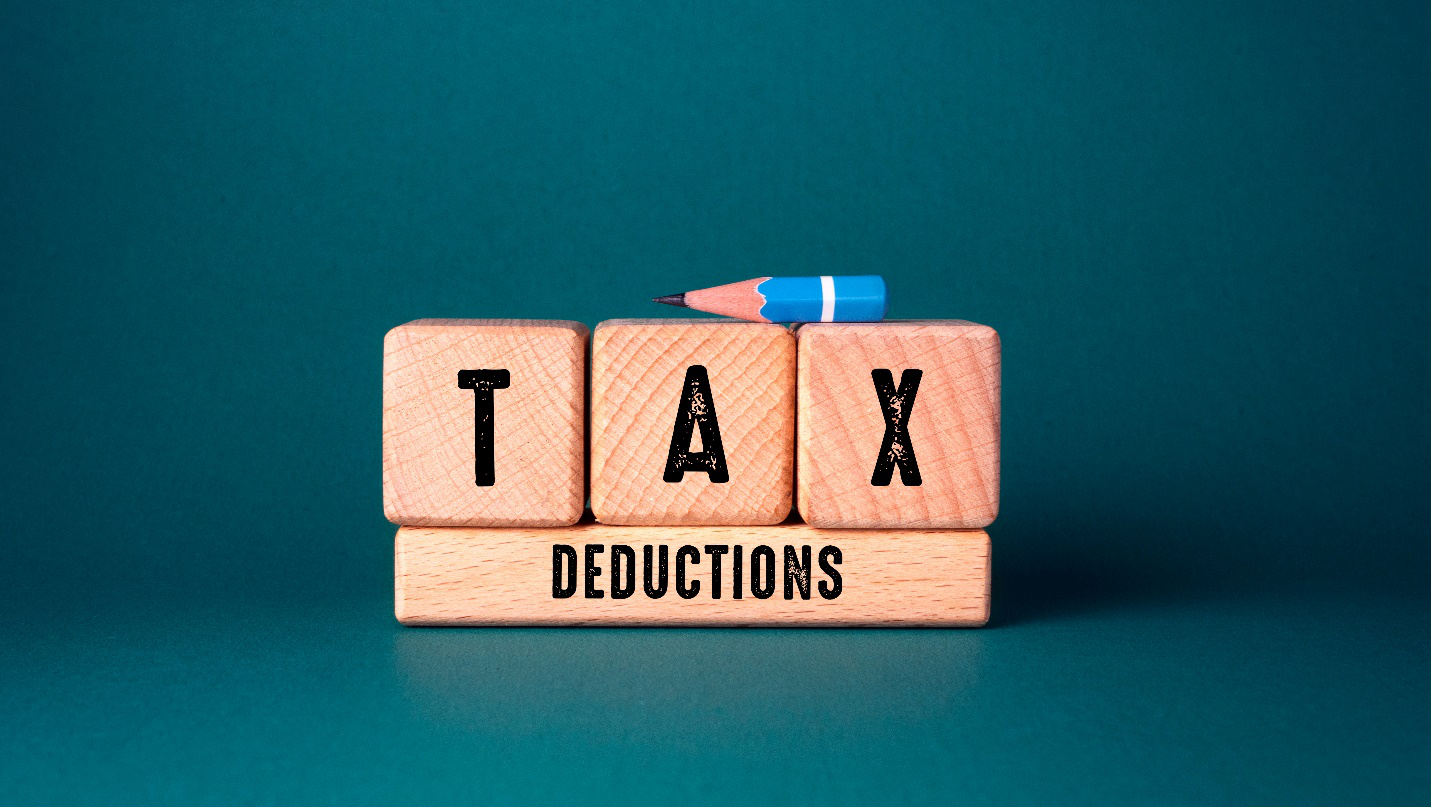Written by
Updated :
Reviewed by
The cost of higher education in India has increased significantly over the past decade and the same is true for Indian students pursuing education at overseas universities. As a result, more and more Indian parents are funding their children’s higher education expenses using education loans. Under current rules, the interest paid for repayment of education loans in India provides tax deduction benefits under Section 80E of the Income Tax Act, 1961.
Read on to know the details of tax benefits that can be availed u/s 80E, what types of education expenses are covered under this section and how you can avail its benefit.

What is Section 80E?
Section 80E of the Income Tax Act list the tax benefits of an education loan used to fund higher studies of self, spouse and dependent children (including legal ward). However, in the case of an education loan, the loan principal is not eligible for the tax benefit as Section 80E specifies that only the interest paid for repaying an education loan eligible for tax deduction benefits.
So, the portion of the education loan EMI used for repayment of loan principal has no tax advantages. Additionally, Section 80E tax benefits do not change whether the loan has been taken for pursing higher studies in India or abroad.
Eligibility Criteria for Avail Section 80E Benefit
Section 80E mentions some key criteria that need to be fulfilled in order to avail the tax benefits on education loan interest payouts. These eligibility criteria for Section 80E benefits include:
- Only education loan taken for higher education i.e. courses pursued after completion of Senior Secondary Examination are eligible.
- An eligible education loan can be obtained from a financial institution such a banking company operating under Banking Regulation Act, 1949 or an institution specified in an official gazette by the Central/State Government.
- Education loan obtained from a charitable institution are also eligible for Section 80E Tax benefit as long as the lending institution is approved under Section 10 (clause 23C) or Section 80G of the Income Tax Act, 1961.
- The tax benefit can be claimed if the loan is obtained for self, spouse and children. Section 80E is also applicable if the loan is taken by a legal guardian of the student pursuing higher education.
As long as the education loan meets the above criteria, loans taken for pursuing higher education in India or abroad are eligible for tax benefits. Now that you have a better idea regarding eligibility for this tax deduction, let’s take a closer look a closer look at the deduction benefits of Section 80E.
Deduction Under Section 80E
As mentioned earlier, the deduction amount under Section 80E of Income Tax Act is limited to the interest paid for the loan. Here are a few additional details that you must know:
- The entire interest component of the monthly EMI paid throughout the fiscal year is eligible for tax benefits u/s 80E without any annual limit.
- The exact amount of education loan interest paid for the applicable financial year can be found in the annual loan statement/tax certificate provided by the lender.
- The total education loan interest paid during the fiscal year is deducted from taxable earnings under Section 80E along with deductions under Section 80C, 80D, Chapter VI, etc. to arrive at the net taxable income for the financial year.
Investment Articles
- Benefits of ULIP Investment Plan
- Types of ULIPs
- How to Save Tax with ULIPs
- Maximize Returns With ULIPs
- Best Short Term Investments for Tax Saving
- What is Power of Compounding
- What is Investment
- Types of Investment in India
- 80C Investment Options
- Fixed Deposit Interest Rates
- Voluntary Provident Fund
- Difference Between Saving And Investing
- What is Fixed Deposit
- What is Term Deposit
- What is Recurring Deposit
- Fixed Deposit vs Recurring Deposit
- What is KYC
- Max Life Guranteed Income Plan
- What is ULIP
- Section 80E benefits can be claimed for a maximum of eight years starting with the year in which repayment is initiated, or until the entire interest accrued on the education loan has been repaid, whichever comes first.
Illustrative Calculation of Section 80 E Deduction
Let consider an example to gain a better understanding of Section 80E.
Rohan takes a Rs. 10 lakh education loan at 9% p.a. for his son Amar’s engineering college education. If he pays of the loan in 5 years, here’s how much of his EMI will be used for Principal repayment and how much he can claim as deduction under Section 80E:
Year |
Total EMI Paid (Rs.) |
Principal Repayment (Rs.) |
Interest Repayment (Eligible 80E Deduction) (Rs.) |
1 |
2.49 lakh |
1.66 lakh |
83,270 |
2 |
2.49 lakh |
1.81 lakh |
67,714 |
3 |
2.49 lakh |
1.98 lakh |
50,697 |
4 |
2.49 lakh |
2.17 lakh |
32,087 |
5 |
2.49 lakh |
2.37 lakh |
11,730 |
As you can see, the interest payout of the education loan last till the 5th year, so, Section 80E benefit can be claimed for entire period of 5 years. However, the 80E deduction amount for the loan decreases as the loan principal is paid off over time. Hence, 80E tax benefits that you can avail will also decrease as the tenure of education loan progresses.
Now if, Rohan’s net annual income after key deductions like 80C, Section 80D, home loan interest, etc. is Rs. 12 lakh for year 1, he can claim the entire Rs. 83,270 lakh as Section 80E deduction and reduce his income tax liability. Similarly, the 80E deduction Rohan can avail in Year 2 is Rs. 67,714 and so on.
Documents Required for Availing Section 80E Benefits
You do not need to submit any documentation in order to claim Section 80E tax deduction at the time of filing your income tax return (ITR). However, you should ensure that the following documents are kept handy in case of any future scrutiny by the income tax department:
- Education loan agreement sanctioned by the lender
- Repayment statements and interest certificate from the lender
These documents would be sufficient proof for validating any 80E deductions you had availed at the time of filing your returns.

You do not need to submit any documentation in order to claim Section 80E tax deduction at the time of filing your income tax return (ITR). However, you should ensure that the following documents are kept handy in case of any future scrutiny by the income tax department:
- Education loan agreement sanctioned by the lender
- Repayment statements and interest certificate from the lender
These documents would be sufficient proof for validating any 80E deductions you had availed at the time of filing your returns. 
Frequently Asked Questions
Q1. Is there a maximum cap on Section 80E deduction?
No. The entire interest component of the monthly instalments paid for repayment of education loan for the fiscal year can be claimed as deduction under Section 80E. There is currently no maximum limit.
Q2. What is the 80E deduction period?
The 80E deduction period starts from the year when you begin repaying your education loan. The maximum period for availing the benefit is 8 years including the year in which repayment was begun. If your education loan remains unpaid after this period, you can no longer claim benefit u/s 80E.
Q3. What are the documents required for availing section 80E benefits?
You must receive a certificate of repayment from the bank, finance company, or recognized non-profit organization from which the education credit or loan was obtained. This certificate should show the monthly EMI bifurcation of principal and interest payments you made during the fiscal year for your student loan.
Q4. If I take a loan from my parents for higher education and pay interest can I claim 80E benefit?
Section 80E allows for deductions for educational loans obtained from any registered banking institution or authorized philanthropic institutions only. The deductions allowed by Section 80E do not apply to any loans obtained from friends, family members, or lending institutions/lender not recognized by the government.
Q5. What percentage of student loans are tax deductible as per Section 80E?
Under Section 80E, there is no fixed percentage or amount that is tax deductible. You can only the interest portion of the education loan that you have repaid as deduction.
Sources:
https://www.hdfccredila.com/planning-higher-education/section-80e-and-its-importance-for-education-loan.html
https://www.financialexpress.com/money/why-you-should-be-financially-ready-before-preparing-your-child-for-education-abroad/2205415/
https://cleartax.in/s/section-80e-deduction-interest-education-loan
https://tax2win.in/guide/sec-80e-deduction-interest-on-education-loan
https://www.livemint.com/money/personal-finance/three-things-to-know-before-claiming-tax-benefit-on-education-loan-repayments-11616816417589.html
ARN No: Nov22/Bg/10C

